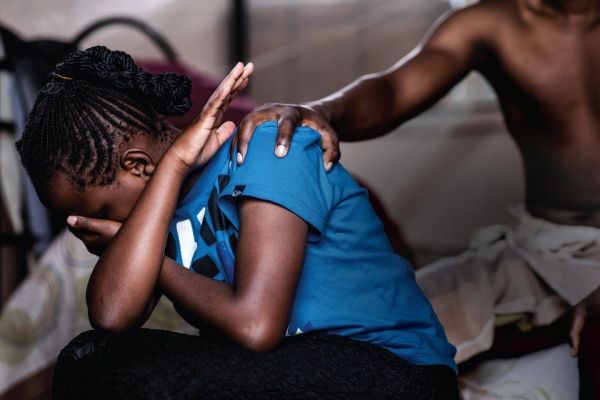Child defilement is a serious crime that can have devastating consequences for victims. It’s crucial to recognize the signs that a child may be experiencing distress, as this could indicate a need for further investigation and support.
While these signs can have various causes, it’s important to be aware of them and take action if you suspect abuse.
Here are Eight general signs that might indicate a child is experiencing distress, which could be due to various reasons, including defilement:
- Sudden Changes in Behavior:
Regression: Bedwetting, thumb-sucking, clinging to parents (especially in older children)
Withdrawal: Becoming isolated, losing interest in activities they once enjoyed
Aggression: Increased anger, irritability, or acting out
Fear: Nightmares, fear of certain people or places
- Changes in Appetite or Sleep:
Loss of appetite or sudden overeating
Difficulty sleeping, frequent nightmares
Sexualized Behavior:
Age-inappropriate sexual knowledge or behavior
Sudden interest in adult sexual themes
- Physical Signs:
Unexplained injuries: Bruises, cuts, or bleeding in the genital area
Difficulty walking or sitting
Urinary tract infections (though these can have other causes)
Problems at School:
Difficulty concentrating
Declining grades
Frequent absences
Emotional and Psychological Issues:
Depression
Anxiety
Low self-esteem
Self-harm
Important Considerations:
These signs can have many causes. Illness, stress, family problems, or even just normal developmental phases can cause similar behaviors.
It’s crucial to observe a child’s overall behavior and look for patterns.
If you suspect abuse, it’s essential to report your concerns to the appropriate authorities. Child protective services and law enforcement are trained to investigate such situations.
Note : This information is for general awareness purposes only and should not be considered medical or legal advice. If you suspect a child is being abused, contact your local child protective services or law enforcement immediately.



